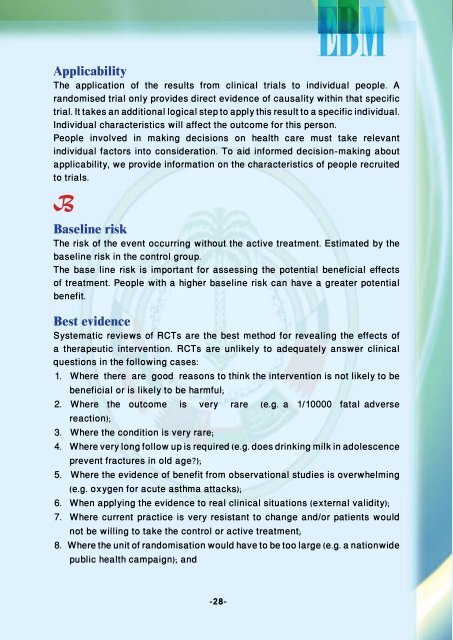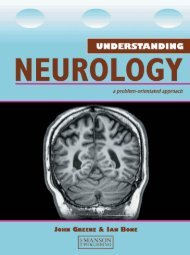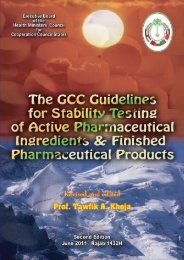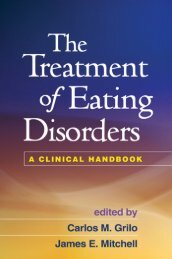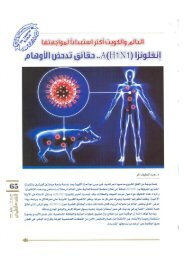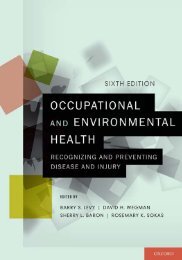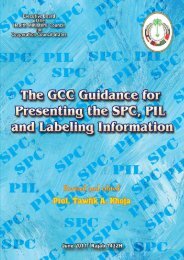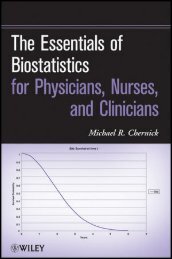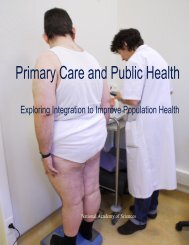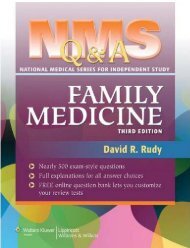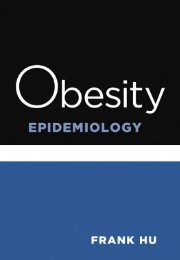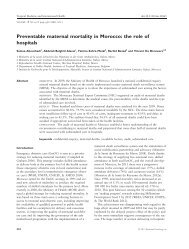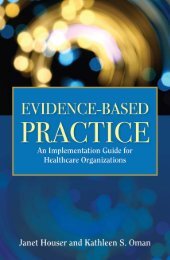Evidence-Based Medicine
Evidence-Based Medicine
Evidence-Based Medicine
Create successful ePaper yourself
Turn your PDF publications into a flip-book with our unique Google optimized e-Paper software.
Applicability<br />
The application of the results from clinical trials to individual people. A<br />
randomised trial only provides direct evidence of causality within that specific<br />
trial. It takes an additional logical step to apply this result to a specific individual.<br />
Individual characteristics will affect the outcome for this person.<br />
People involved in making decisions on health care must take relevant<br />
individual factors into consideration. To aid informed decision-making about<br />
applicability, we provide information on the characteristics of people recruited<br />
to trials.<br />
B<br />
Baseline risk<br />
The risk of the event occurring without the active treatment. Estimated by the<br />
baseline risk in the control group.<br />
The base line risk is important for assessing the potential beneficial effects<br />
of treatment. People with a higher baseline risk can have a greater potential<br />
benefit.<br />
Best evidence<br />
Systematic reviews of RCTs are the best method for revealing the effects of<br />
a therapeutic intervention. RCTs are unlikely to adequately answer clinical<br />
questions in the following cases:<br />
1. Where there are good reasons to think the intervention is not likely to be<br />
beneficial or is likely to be harmful;<br />
2. Where the outcome is very rare (e.g. a 1/10000 fatal adverse<br />
reaction);<br />
3. Where the condition is very rare;<br />
4. Where very long follow up is required (e.g. does drinking milk in adolescence<br />
prevent fractures in old age);<br />
5. Where the evidence of benefit from observational studies is overwhelming<br />
(e.g. oxygen for acute asthma attacks);<br />
6. When applying the evidence to real clinical situations (external validity);<br />
7. Where current practice is very resistant to change and/or patients would<br />
not be willing to take the control or active treatment;<br />
8. Where the unit of randomisation would have to be too large (e.g. a nationwide<br />
public health campaign); and<br />
-28-


